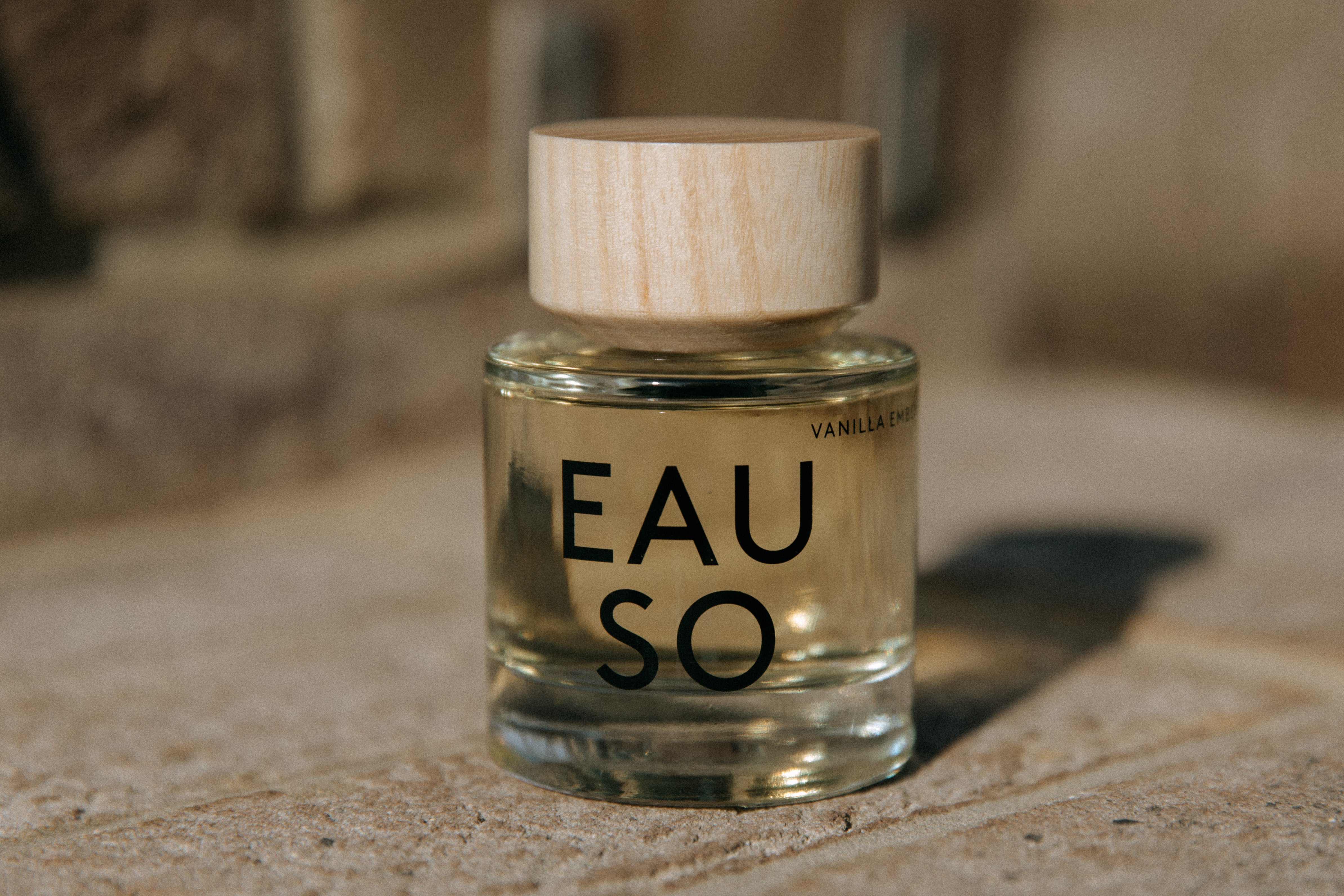
Understanding the Aroma Divide: Naturals vs. Synthetics in Perfume
Perfume, the olfactory poetry that lingers in the air, is a harmonious blend of various scents. However, behind the veil of fragrance lies a fundamental choice: naturals or synthetics. In this article, we delve into the captivating world of perfumery to explore the differences between natural and synthetic ingredients, their benefits, and the implications for both consumers and the environment.
Naturals: Essence of Earth's Bounty
Naturals, as the name suggests, are derived from natural sources such as flowers, fruits, spices, woods, and resins. These ingredients undergo extraction processes like steam distillation, solvent extraction, or expression to capture their aromatic essence:
Authenticity and Complexity: Natural ingredients boast an authenticity that stems from their organic origins. They possess a complexity of scent that is difficult to replicate synthetically. Each natural component contributes to the perfume's depth, creating a rich and nuanced olfactory experience.
Environmental Appeal: Extracting natural ingredients involves sustainable practices like responsible farming and harvesting. By supporting these methods, consumers contribute to biodiversity preservation and environmental conservation.
Prestige and Exclusivity: Natural perfumes often carry an aura of exclusivity and prestige due to the rarity of some botanical ingredients. The limited availability of certain natural essences adds to the allure and value of the final product.
Synthetics: Precision and Innovation
Synthetic ingredients, on the other hand, are created in laboratories through chemical synthesis. These compounds mimic the aromatic molecules found in natural ingredients, offering perfumers precise control over scent profiles and longevity:
Consistency and Stability: Synthetic ingredients provide perfumers with consistent quality and stability, ensuring that the fragrance remains unchanged over time. This reliability is particularly advantageous for mass production and global distribution.
Novelty and Creativity: Synthetic compounds allow perfumers to explore new olfactory territories and create innovative scent combinations that may not exist in nature. This freedom fosters creativity and pushes the boundaries of perfumery.
Ethical Considerations: Unlike natural ingredients, which may involve ethical concerns such as animal-derived musk or endangered species exploitation, synthetics offer cruelty-free alternatives without compromising on scent quality.
Navigating the Fragrance Landscape: Consumer Considerations
When choosing between natural and synthetic perfumes, consumers are confronted with a myriad of factors to consider:
Personal Preference: Some individuals prefer the authenticity and connection to nature that natural perfumes offer, while others are drawn to the precision and innovation of synthetic fragrances.
Skin Sensitivity: Natural perfumes, free from synthetic additives, may be gentler on sensitive skin, making them a preferred choice for those prone to allergies or irritation.
Environmental Impact: While natural perfumes promote sustainability and biodiversity, synthetic counterparts may contribute to environmental pollution through chemical manufacturing processes and non-biodegradable waste.
In the realm of perfumery, the debate between naturals and synthetics continues to captivate fragrance enthusiasts and industry professionals alike. Whether one favors the organic allure of botanical essences or embraces the precision of laboratory-created molecules, both natural and synthetic perfumes offer unique olfactory experiences with their own set of merits and considerations. Ultimately, the choice between naturals and synthetics lies in individual preferences, ethical values, and environmental consciousness, shaping the fragrant narrative of personal expression and sensory delight.



Leave a comment
This site is protected by hCaptcha and the hCaptcha Privacy Policy and Terms of Service apply.